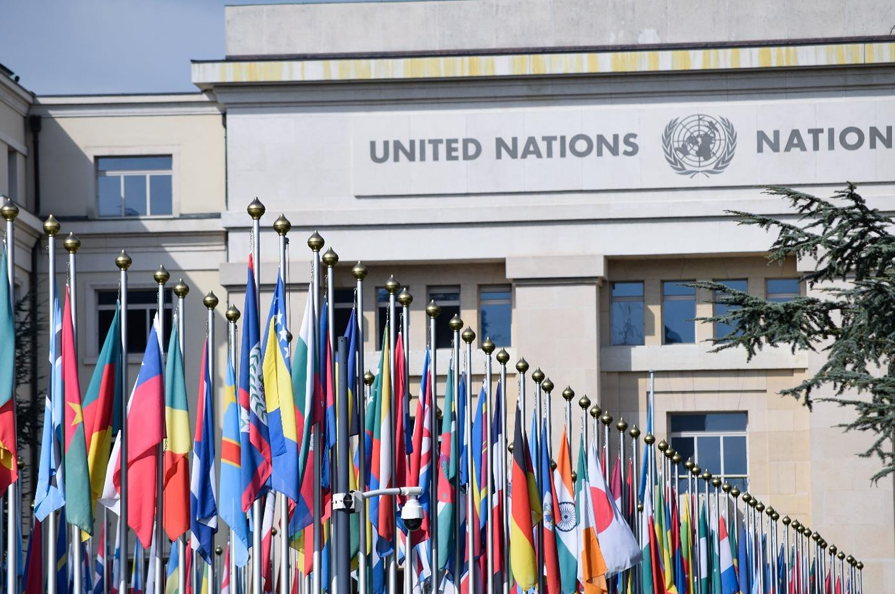
Law of International Organizations - Webinar track - Spring 2025
The overall goal of this self-paced course is to provide participants with a comprehensive knowledge of the key issues of the Law of International Organizations that is necessary to understand the role and position of international organizations in the contemporary legal order.
International organizations are playing an increasingly important role in the international legal order. They are active in virtually all fields of human activity, they regularly conclude international treaties and continuously interact with other actors of international law. Nowadays, they wield growing normative powers. For those working for or dealing with international organizations, a sound understanding of the law of international organizations thus appears indispensable. UNITAR’s self-paced course on the Law of International Organizations is structured in a way to cover the main legal questions related to international organizations, from both a theoretical and practical perspective. In addition, the e-learning methodology used to deliver the Course allows participants the flexibility to combine their learning activities with work responsibilities and to benefit from high-quality training.
This extended edition of UNITAR's traditional online course offers participants the chance to ask questions to a high level expert during a Q&A webinar.
At the end of the course, you will be able to:
- Demonstrate a profound understanding of the definition of international organization, the rules and principles governing its creation, its structure and functioning, and relationship with other actors of international law, primarily but not exclusively States.
- Identify and analyze the main legal issues related to the responsibility of international organizations.
- Differentiate the legal regimes governing the settlement of disputes involving international organizations.
- Apply theoretical knowledge acquired during the course to their different professional capacities, including working for international organizations, dealing with international organizations in diplomatic service, in various ministries or non-governmental organizations, or researching international organizations.
The course combined 30 hours of self-study with a 2 hour Q&A webinar taught by a high-level expert.
This self-paced course consists of the following modules:
Module 1 "The definition, principles and basic legal issues on international organizations":
- Notion and creation of international organizations
- International organizations and the Law of Treaties
- Legal personality of international organizations
Module 2 "Function and international responsibility of an international organizations":
- Structure, powers and organs of International organizations
- The activities of international organizations
- The regime of responsibility of international organizations
- Legal consequences of an internationally wrongful act committed by international organizations
Module 3 "The settlement of disputes involving international organizations":
- International organizations before international courts
- International organizations before their own internal adjudicative organs
- International organizations and their representatives before domestic courts
This course promotes an interactive approach through lessons and multimedia material, stimulating critical thinking. Each module has its own learning objectives, as well as interactive online lessons, which guide participants through the contents. The lessons are also available in PDF format so participants can work offline. Contents and activities are practice-oriented and under a self-assessment approach, so participants will learn through practical examples and assignments associated with research and case scenarios. This experience will be supported by the UNITAR team, additional resources and material, and visuals such as infographics and videos.
In addition to the online course, a Q&A webinar will take place on Friday 16 May, 10:00 – 12:00 Geneva time.
Government officials, international civil servants, NGO representatives, academics and private sector professionals in the field of international law and international organizations.
Certificates: Participants who successfully meet the minimum passing requirements at the end of the course will receive a UNITAR Certificate of Completion.
Technical Requirements:
- The course is delivered through UNITAR’s Virtual Learning Environment and participants will require a reliable internet connection throughout its duration;
- The Q&A webinar is delivered via the platform Zoom and participants will require a reliable internet conntection.

